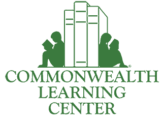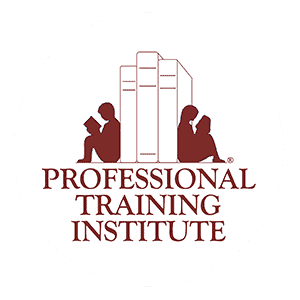Prevent Summer Learning Loss Before It Happens
Joanna A. Christodoulou, Ed.D.2021-10-07T09:17:27+00:00Reading activities during the summer can play an important role in helping students maintain their reading skills. Summer slump, or the potential for academic skills to regress during school vacation, is a concern for many students. Children with language-based learning disabilities, such as dyslexia, may be at a higher risk of summer slump than their peers.(1) More generally, children who may also be more vulnerable to summer slump are those who take a vacation not just from school, but also from engaging with text during the summer months. These reduced reading experiences may be because students don’t enjoy reading, they may not [...]














